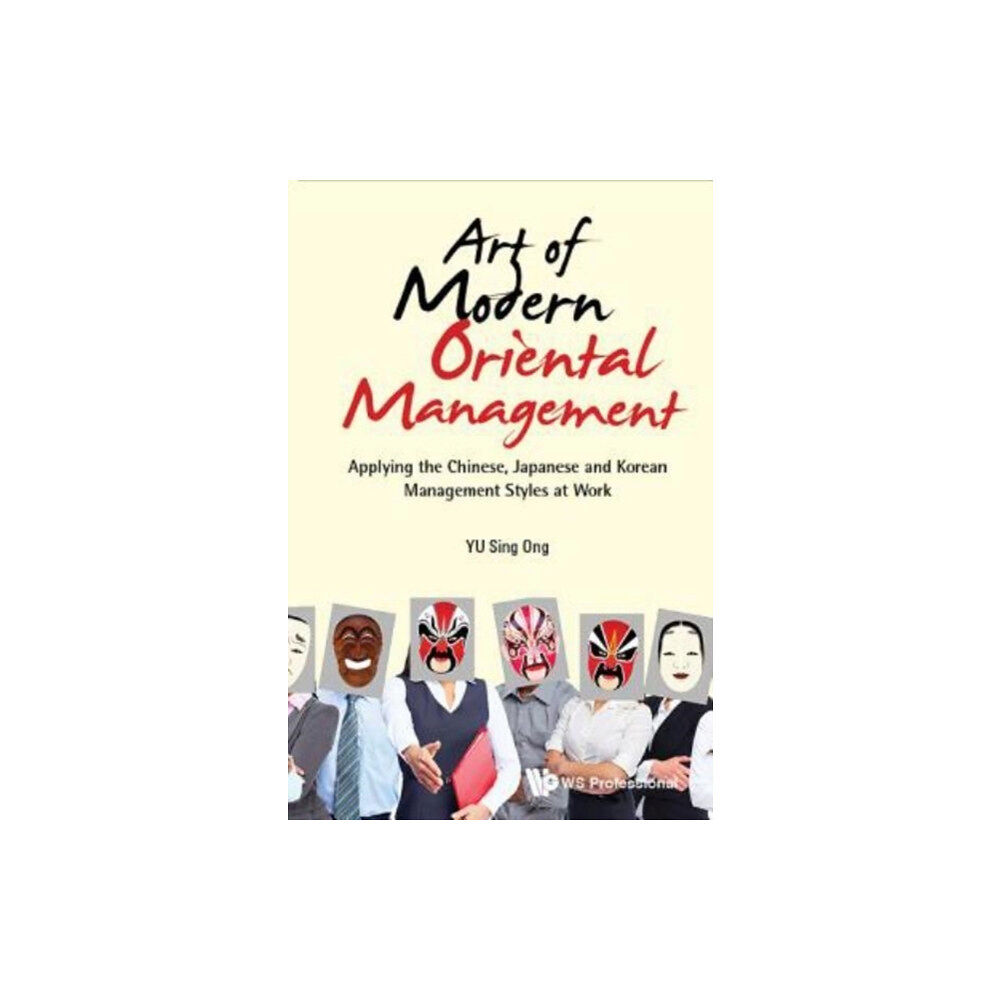This book aims to present an overview of Chinese, Japanese and Korean modern management styles. The cultures of China, Japan and Korea are influenced by Confucianism, Daoism and Buddhism. As such, there are some basic similarities in their management styles. As business operations become more internationalised, the management styles among Chinese, Japanese and Korean companies have blurred the lines of distinction between Western and Eastern cultures.
The need for Western managers to adapt to Asian way of doing business, and likewise for Asian companies to understand Western business practices, means that managers have to bridge the gaps and adopt the best management practices containing both Western and Eastern elements.
Unlike the traditional approach of setting clear differentiation between Western and Eastern cultures, this book looks at Oriental management from a modern perspective, that is, the fusion of Western and Eastern management styles.
By using a multifaceted approach to understanding modern Oriental management, the author stresses the complexities of the business environment in China, Japan and Korea. He suggests that Western theories of management are applicable to Eastern cultural context with some adaptations to the local environment.
The author also offers valuable insights into the management styles of Oriental managers by providing a critical perspective of their thought processes in simple yet highly relevant illustrations of models and frameworks. This book is recommended for those who are interested in attaining a deeper knowledge of Oriental management practices.
| Format |
Häftad |
| Omfång |
272 sidor |
| Språk |
Engelska |
| Förlag |
World Scientific Publishing Co Pte Ltd |
| Utgivningsdatum |
2017-06-29 |
| ISBN |
9789813220324 |

